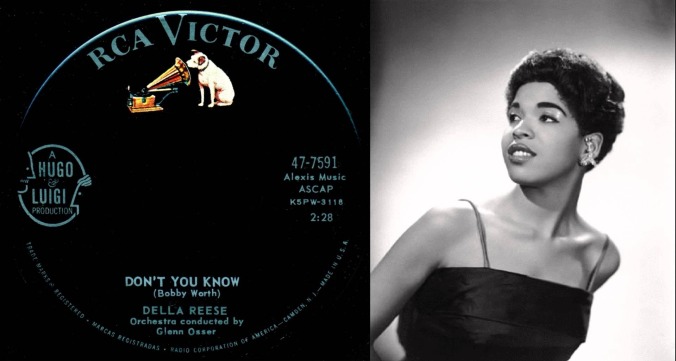R.I.P. Della Reese, singer and star of Touched By An Angel

Della Reese, a Detriot native who started out as a gospel singer before transitioning into R&B, jazz, and pop and who ultimately became a household name as a TV actress, has died. Reese’s Touched By An Angel co-star Roma Downey confirmed Reese’s death in a statement, saying, “She was an incredible wife, mother, grandmother, friend, and pastor, as well as an award-winning actress and singer. Through her life and work she touched and inspired the lives of millions of people. She was a mother to me and I had the privilege of working with her side by side for so many years on Touched By An Angel. I know heaven has a brand new angel this day. Della Reese will be forever in our hearts.” She was 86.
Born Delloreese Patricia Early on July 6, 1931, Reese got her start as an entertainer when she was 13, singing in Mahalia Jackson’s gospel group. By the time she was in her late teens, she had formed her own group, the Meditation Singers, and got her first professional gig singing at famed Detroit club Flame Show Bar after dropping out of college to help support her family. She moved to New York in 1953, and in 1959 had her first big hit, the Puccini-inspired “Don’t You Know?,” which reached No. 1 on the R&B charts and No. 2 on the pop charts. The next year, her album Della was nominated for a Grammy, the first of four nominations Reese would receive throughout her career.
Reese remained popular throughout the ‘60s, and in 1969 she became the first black woman to host her own variety show, Della. (Unfortunately, the show’s archives seem to have been almost completely lost.) Although the show was short lived, it launched Reese into even greater fame as an actress. In 1970, she became the first black woman to guest host The Tonight Show Starring Johnny Carson, and in 1975 she transitioned to doing TV full time with a starring role on Chico And The Man. In the late ‘70s and throughout the ‘80s, she appeared in a number of TV guest spots and supporting film roles, including a scene-stealing turn in Eddie Murphy’s Harlem Nights (1989).








































